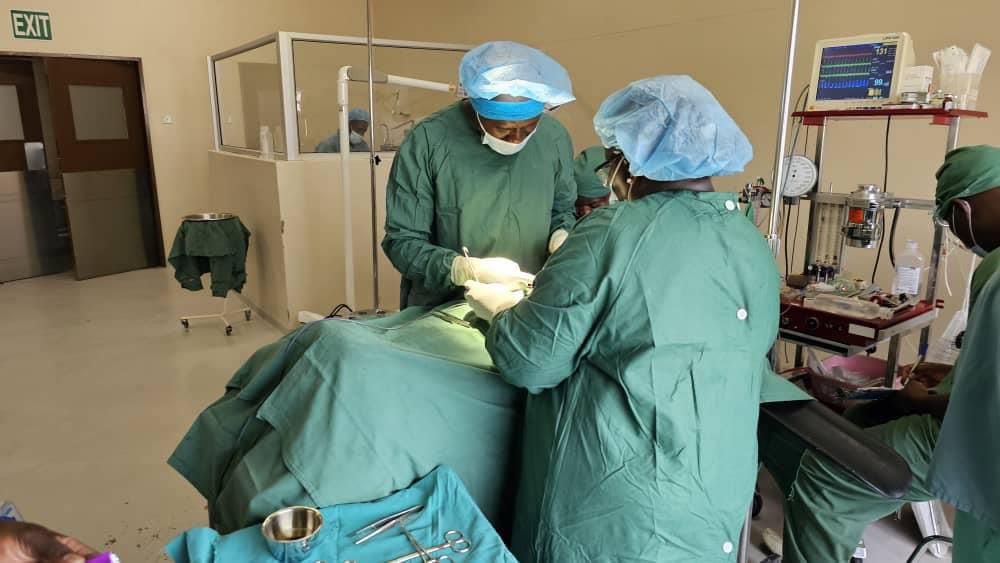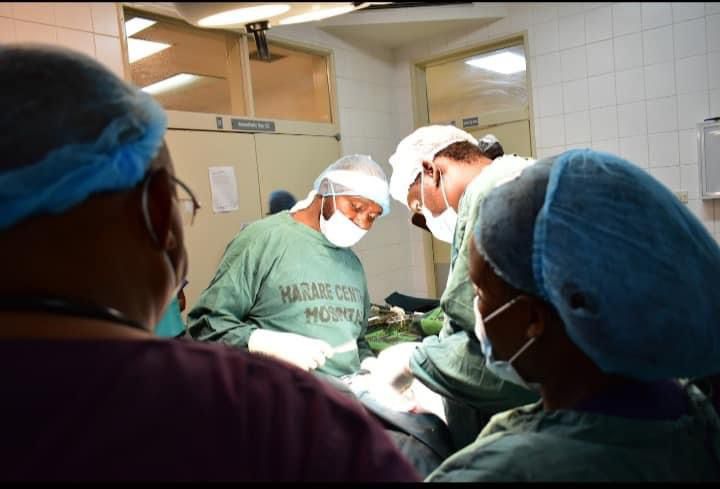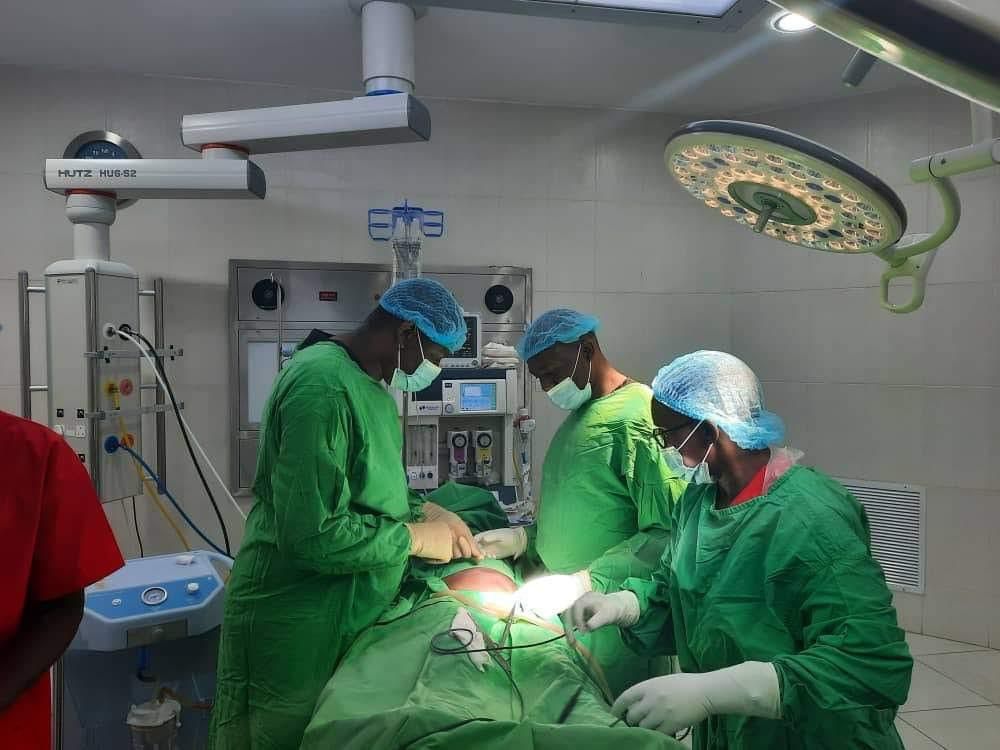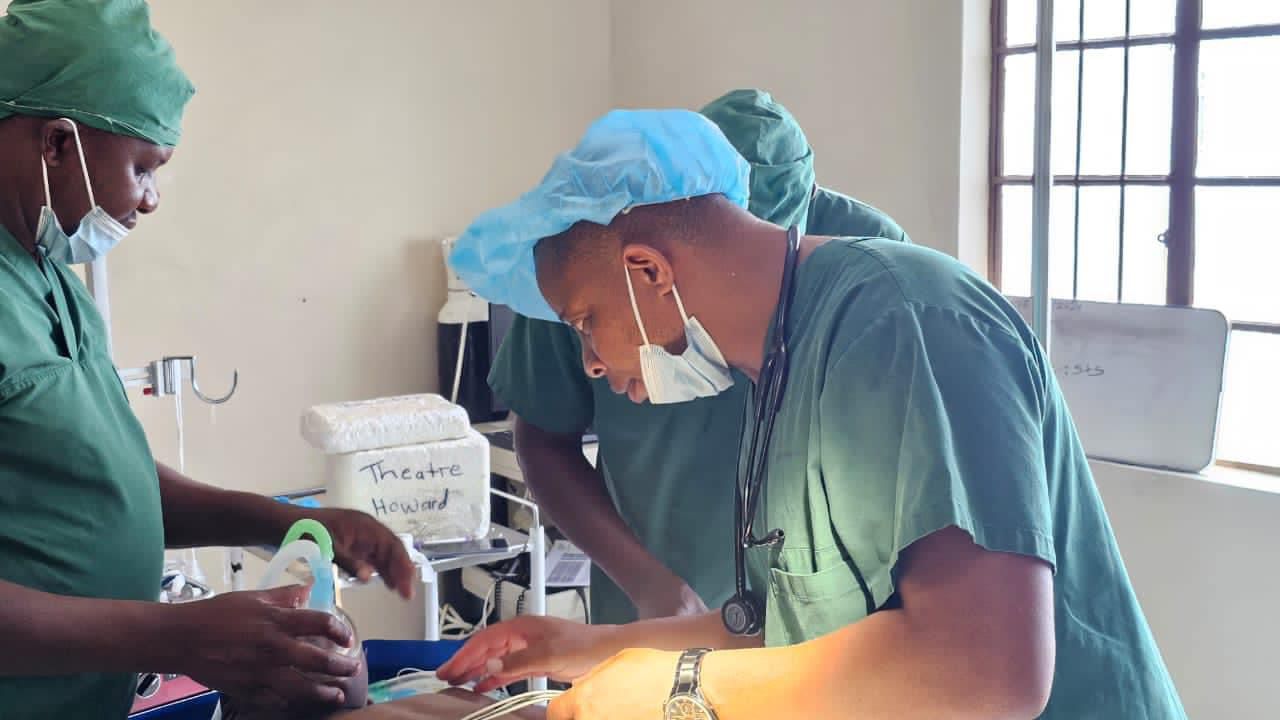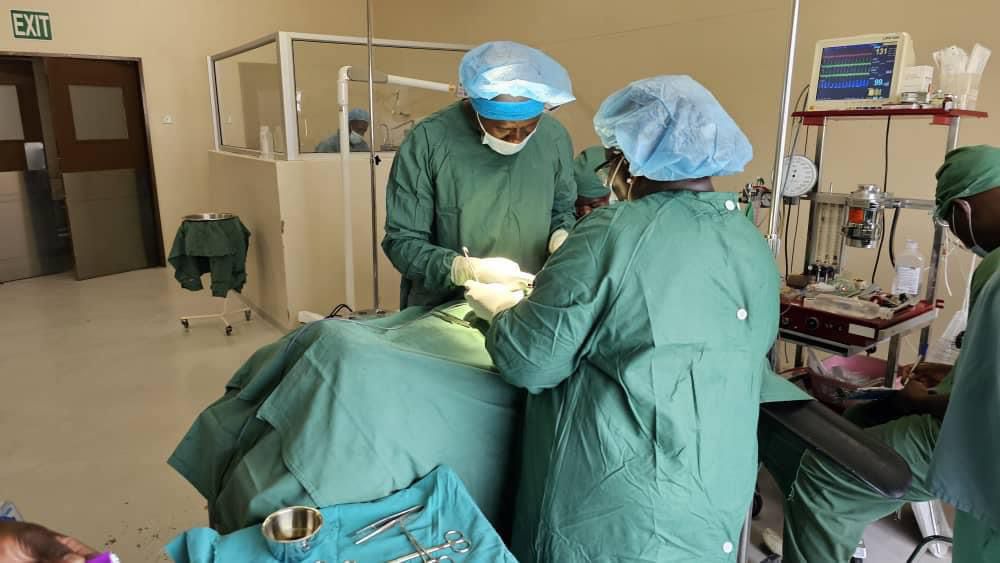Articles
Paediatric appendicitis
Overview
Appendicitis is a prevalent medical condition that occurs when the appendix becomes inflamed, swollen, and filled with pus. The appendix is a small organ resembling a finger located in the lower right side of the abdomen. Although the appendix's precise function is not fully understood, it is not essential for human survival. Appendicitis can affect individuals of all ages, but it is most commonly observed in young adults and teenagers.
Signs and symptoms of appendicitis in children
Detecting appendicitis in children can be difficult since young children may struggle to describe their symptoms. Some typical signs and symptoms of appendicitis in children may comprise the following:
Abdominal pain: Children with appendicitis commonly experience belly pain as their main symptom. The usual pattern of pain associated with appendicitis starts near the belly button and then migrates towards the lower right side of the abdomen.
Loss of appetite: Children with appendicitis may lose their appetite and not want to eat.
Nausea and vomiting:Children with appendicitis may feel nauseous and may vomit.
Fever:In certain cases of appendicitis, children may experience a mild fever.
Diarrhoea or constipation: Children with appendicitis may experience changes in their bowel movements.
Irritability:Children with appendicitis may be irritable, restless, and have trouble sleeping.
It should be emphasised that some of these symptoms may be present in other medical conditions, and thus a correct diagnosis from a healthcare professional is imperative. If a child is experiencing any of these symptoms, they should be evaluated by a doctor immediately.
Treatment
The treatment for appendicitis in children typically involves surgical removal of the appendix, also known as an appendectomy. Under general anaesthesia, the operation is most commonly performed laparoscopically or via a minor incision made in the abdomen to remove the inflamed appendix during the procedure.
In some cases, if the diagnosis of appendicitis is uncertain, the doctor may choose to observe the child for a few hours or overnight to see if the symptoms worsen or improve. If the symptoms do not improve, surgery may be necessary.
In addition to surgery, the child may also be given antibiotics to help prevent infection and treat an existing infection. Pain relief medication may also be given to manage the child's pain.
The child will require hospitalisation for a brief duration post-surgery for monitoring and ensuring a healthy recovery. In general, most children can resume their regular activities within a few weeks after surgery.
Immediate medical attention should be sought if a child is suspected of having appendicitis, as untreated appendicitis can result in severe complications, such as a ruptured appendix, which can be life-threatening.
